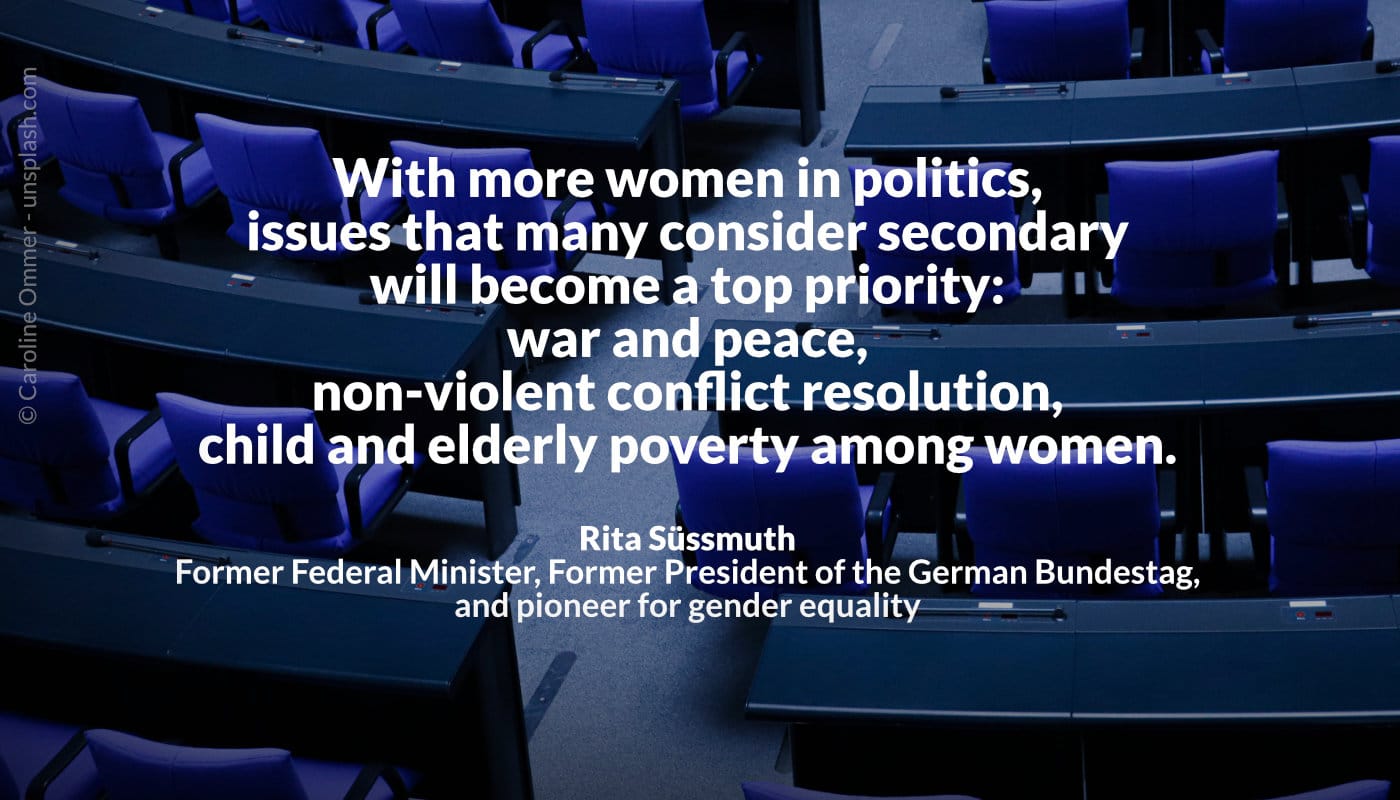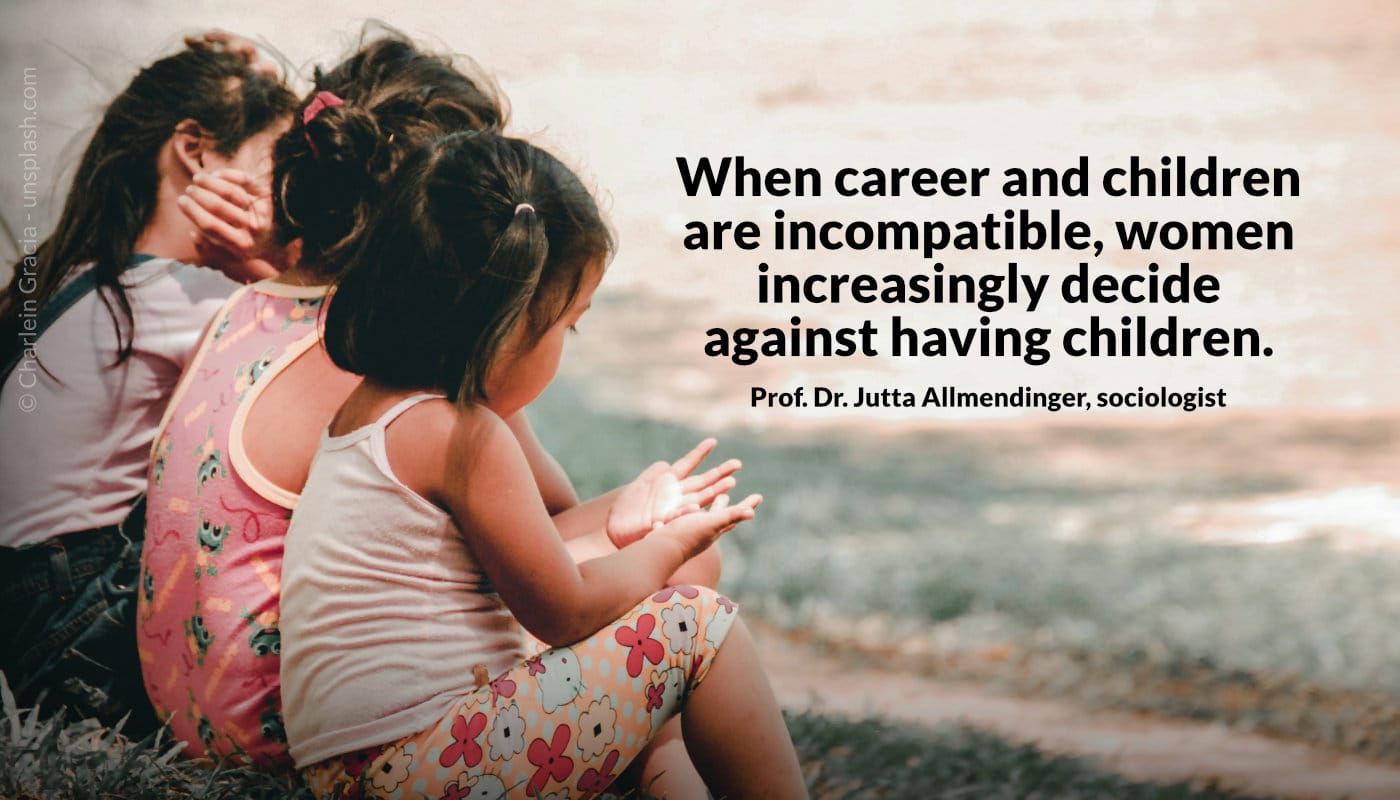Family Time for Fathers: “For years, the government has been dragging its feet on allowing fathers to spend two weeks with their families after childbirth. Now even employers are protesting,” writes Tillmann Pruefer for ZEIT ONLINE.
35 institutions have appealed to the federal government in an open letter to finally implement the announced family start time. Among the signatories are also major companies such as the detergent manufacturer Henkel or the FUNKE Media Group. “From the perspective of companies, the introduction of family start time to secure labor and skills requirements makes sense,” the letter states.
This, writes Pruefer, is “particularly uncomfortable for the Free Democrats, who have repeatedly slowed down the family start time. They argued that the regulation, which would grant fathers ten days of special leave after the birth of a child, would be too expensive for the economy. Now companies themselves are calling for the reform they were supposed to be protected from. Thus, the embarrassment is complete.”
Germany is the last country in the EU where fathers do not have automatic entitlement to leave after the birth of a child. Yet, the government had already agreed in the coalition agreement to implement such a leave in accordance with the relevant EU directive. Recently, the government stated that the draft was still undergoing departmental coordination.
Pruefer finds it by no means insignificant “whether fathers spend the first weeks with their newborn children. And the snail’s pace at which the government is addressing its own proposal not only shows that in Germany the interests of fathers take a back seat, but also those of newborn children.” According to a study in Sweden, in families where fathers took parental leave after the birth of their first child, the risk of divorce was nearly 30% lower than in families where fathers continued to work. Positive effects on the father-child relationship were also demonstrated.
“The present fathers were better able to empathize with their partners, conflicts were better managed. Fewer divorces mean fewer single parents, which also means less child poverty. That would be a good reason for even the most neoliberal hardliners to support state initiatives to have fathers present at the bedside.”
In general, according to the author, too many fathers spend too little time with their children. Themselves, the children, the mothers, and the economy would all benefit from a better distribution of work between employment and family.
“The engaged father is not a miracle worker who will heal society. But children and families thrive best when tasks are fairly distributed – and also the time children can spend with their parents. This should be the norm. Every day that the federal government further delays this norm is lost time. Especially for children.”

Posted by herCAREER,
published on LinkedIn on 06.06.2024












